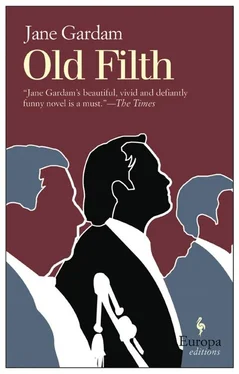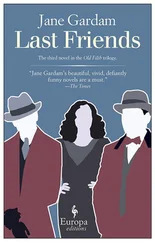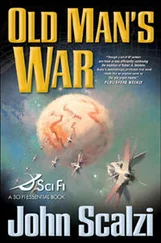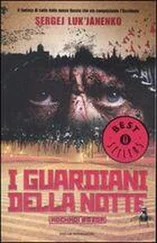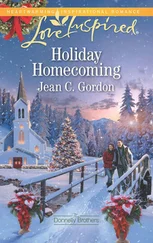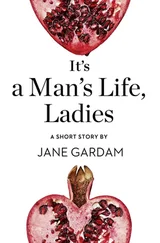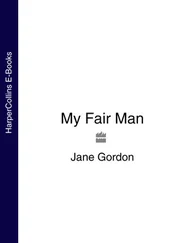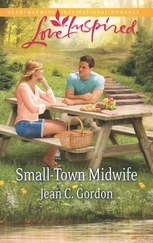Six months later the two of them took ship to England alone.
There was no sign of the District Officer, no sign of Ada, and they travelled steerage — Alistair had been vague to Auntie May about how much more money he had to spare, and she was nervous lest the child became over-excited by uniforms and orchestras. There was also the question of table manners for someone who had not sat at tables until six months ago at the Port. At first Edward had tried to eat beneath the table. The Mission had done better with his English than with his social graces. All that Auntie May had heard from Captain Feathers since they parted was a letter saying that all financial arrangements had been made for the boy and that he would come into his own money in time. His father’s sisters had been written to and had the address of the Public school where he would go when he was fourteen. Money had been sent to the foster parents in Wales.
Auntie May wrote back, making sure the father had the boy’s Welsh address correctly, and told him that a letter would be written by Edward every week as soon as he could write. She made clear that Edward was not himself at present. That, at the Port, while he had absorbed English easily — he would be a linguist she was sure — he had become passive and listless and glum and when he talked now it seemed to be with some difficulty, as if he had a constriction in the throat like an old clock trying to gear itself up to strike. “A-a-a-a-a-ack.” You longed to say the word for him. You sometimes almost wanted to shake him for he seemed to be doing it on purpose. When the words were eventually freed from the clockwork in the gullet, or the mind, out they poured far too fast, and when he paused for breath it was “ack-ack-ack, ek-ek-ek” again. At the Mission, other children had called him “the monkey” and he had in fact become rather like one of the bony, pale-orange baboons with their hot red eyes.
He never asked for Ada again.
At Colombo the ship took on more passengers and Auntie May suspected that two of the many white children with their ayahs and mothers might be Edward’s cousins travelling (of course) first-class. There had been rumours of this but she had made no enquiries. The two cousins were girls, one a little older than Edward, the other even younger. They would be spending the next four years together, all three, in Wales, with the Didds family. Edward might be taunted for his father’s apparent poverty if these cousins knew he was on the lower deck. There might be jealousy.
In this Auntie May was wrong. Whatever web the children were to make between themselves, it would always be too tight-knit for jealousy or taunts. But Auntie May kept her counsel, did her best with the stammering Edward as they crossed the molten-silver disc of the Indian Ocean beneath a beating sky. It was very hot in steerage but both were used to heat. From the upper deck in the first-class, dance music floated down to them.
Stately Old Filth — Eddie Feathers — was nodding after lunch for a moment in the smoking-room of the Inner Temple before taking a taxi to his family solicitor to make his Will.
It was autumn but very hot. The flowers in the Inner Temple garden blazed. The River Thames glittered, and, coming out of his post-prandial nap he was a gawky boy, crossing the equator again, watching mad capers by the grown-ups. Neptune in a green wig. Auntie May had been lying down and so he had wandered towards the upper deck and seen faces and elegance he’d never known. He stood and gawped. People were drinking coloured liquid out of vases on stalks, puffing smoke from their lips. Ladies with hard, sad eyes wore long tight glitter and laughed a lot. A man in black and white held a woman in gold, their bodies fused as they moved languidly about to the wailing, meaningless music. A wave of great desolation had swept across Eddie. He was never, ever after, to understand it. He knew that before long he’d be back on this ocean, maybe for eternity. He had no words for all this then, and not even now in the armchair in the Inner Temple, coffee cup alongside.
As he came round from the day-dream he heard two of his peers — old judges he’d known for years — coming along the passage to the smoking-room talking about him. He had been sitting next to them at luncheon.
“Remarkably well preserved.”
“Well, he’s from Commercial Chambers. Rich as Croesus. But he’s a great man.”
“Pretty easy life. Nothing ever seems to have happened to him.”
Nothing.
The whitewashed stone farmhouse stood high, with fields all around it and a view of rick-rack stone walls laid out towards cliffs above the sea. In front of the house was a farmyard of beaten earth and a midden with a headless chicken lying on it and a cockerel crowing near. The door of the farmhouse stood open. On the yard in front of it, spaced out well away from each other, were three children, Eddie the only boy and the tallest.
He was eight now, looked ten, and startlingly white, though this may have been the pallor of a red-head. He was standing almost to attention, as if awaiting execution or about to declaim a speech. The other two figures were also looking theatrical, set in their positions on stage. Waiting for something. Babs and Claire. Claire sat on the corner of the wall. Babs leaned darkly against an outhouse. Chickens ran about. The children were not speaking to each other.
Inside the house was Auntie May again, packing up. She was softer now, less bristly, about to marry another missionary and off to the Belgian Congo very soon. But first she was finishing her job with Edward Feathers. “I never desert,” said Auntie May. “Especially after such a tragedy as this.”
The tragedy was apparent, she thought, as soon as she’d seen Edward’s closed face, his frightening dignity. He had stood there in shorts long-grown-out-of — could they have been those she’d found for him three-and-a-half years ago? — his hair cropped to near-baldness, his white face empty. “Auntie May,” she’d said, “You remember Auntie May?” He seemed not to know her. She looked at the two girls, whom she was to take away and look after until their parents — or some relatives somewhere — would come to claim them.
The children had been excused the funeral. People in the village had taken them in.
Babs, dark and unsmiling, stood picking at her fingernails, stage left. Pink little Claire sat on the wall, wagging her feet, down stage right. When Auntie May had arrived and said, “I am Auntie May,” Claire had smiled and raised her arms to her for an embrace.
Babs had jerked away from Auntie May, as if expecting a blow.
Edward, whom Auntie May had cared for, did not go near her. He had looked at her once, then walked away through the gate in the stone wall, off-stage right, and now stood alone, gazing at the sea.
You would expect them to draw together, Auntie May thought.
“I’ll see if all’s ready,” she had said. “I’ll lock up the house.”
After Auntie May had gone into the house the children did not stir but began to observe a small motor car working its way towards them from the cliff road. It turned into the maze of stone walls. A car was rare. This car was fat and business-like with a cloth roof and rounded, tinny back and a high, rubber running-board down each side. Mudguards flowed like breaking waves over the solid wheels and the windows were made of orange celluloid, rather cracked. A short man jumped out and came jollily to the foot of the garden steps. He was talking.
“—I dare say,” he said. “Eddie Feathers, I dare say? Excellent to meet you. I am your new Headmaster and my name is Sir . Always Sir . Understood? The school is small. There are only twenty boys. They call each other by their surnames. I have one assistant, Mr. Smith. He is always called Mr. Smith, my assistant, whatever his real name. Different ones come and go. This Mr. Smith is something of a trial but very good at cricket, which I am not. And so, good morning, Eddie, and these are your sisters, I dare say?”
Читать дальше
